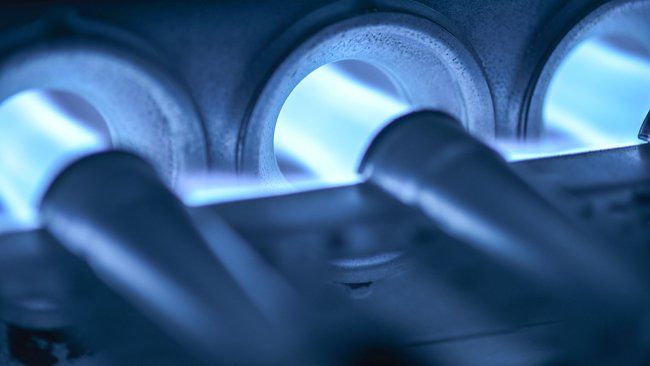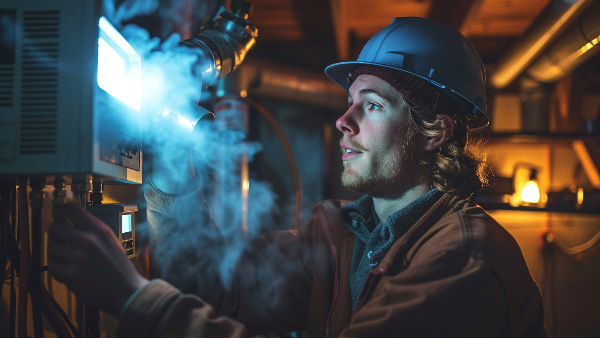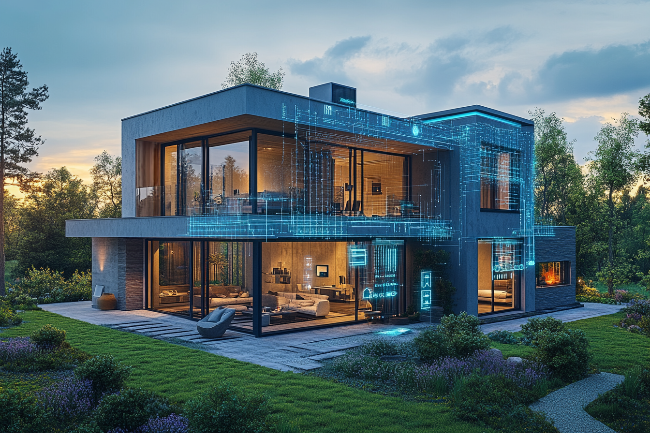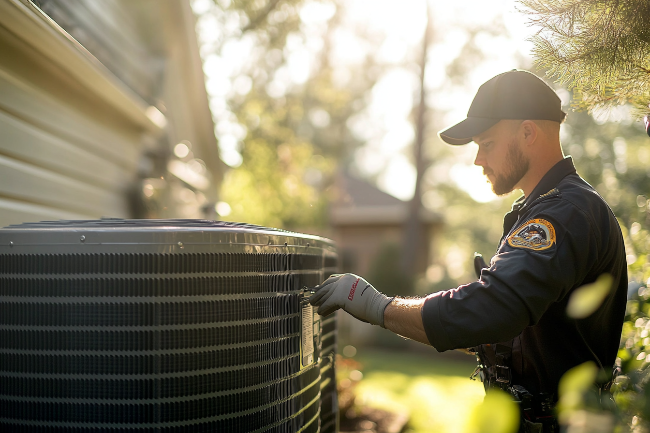Understanding BTU Ratings and Your HVAC System
Picking the Right BTU Rating for Your HVAC Needs
When you're in the market for a new heating and air conditioning system for your home, there can seem to be an overwhelming amount of choices. How do you know what size unit your house needs and what kind of energy costs will come with it? A good first step is to work with a good HVAC contractor and find out what kind of BTU rating you need for your new system.
What Is a BTU?
BTU stands for "British Thermal Unit" and is a unit of energy. It measures how much energy it takes to add or remove heat. For the sake of your home climate control system, a BTU rating will indicate the system's capacity for heating and cooling the house. The higher the rating, the more air your system can heat or cool in a given amount of time.
How Do I Know What BTU Rating I Need?
Some people would think they should always go for a system with a really high BTU rating. However, this may not be the case. For instance, a smaller home isn't going to need a really large system since there is less air to heat and cool. Getting something too big could lead to increased energy costs without a lot of benefits. Conversely, getting a system that's too small for a large home will lead to ineffective results.
Keep in mind the unoccupied spaces in your house. If you don't actively use basement or attic spaces, adjust your estimate of the type of BTU rating you need. Again, a good HVAC contractor can help you with this. Get an evaluation of your space and find out what will work best for you.
Your climate also factors into your choice. If you live in a very hot or very cold region, you may want a system with a higher BTU rating to quickly respond to changes in the weather. In areas where the weather is more temperate, you can go with a smaller more energy-efficient unit.
Is It Time To Upgrade My HVAC System?
To decide if you need to get a new heating and cooling system, take some time to evaluate your current situation. First, look at how old your current unit is. Most systems have a lifespan of a few decades and can become inefficient after that. Consider if it has been damaged or needed repairs over the years as well.
Think about your home as well. Have you added square footage at all, or finished a basement or attic? This means you have more livable square footage that needs heating and cooling, and you may need a more powerful unit.
If you've done other improvements like putting in new windows or doors or insulation, your energy needs may have changed. Your next HVAC system may not need to have as high of a BTU rating as you had previously thought.
Here are a few things to watch for as you decide if you need a new HVAC system:
- Your air conditioning or heating system is constantly running. This could indicate that the system doesn't have the capacity to heat or cool enough air to complete its on/off cycle.
- You notice excess humidity in your home. When this happens, it's another sign that your system isn't running efficiently.
- Your energy bills change unexpectedly. This may be a sign that your system is pulling more energy because it's not working efficiently.
- The system doesn't work consistently. When you notice outages or the system doesn't work as expected, start looking into replacing it.
Moving Forward With a New System
Once you've decided that it's time for a new heating and cooling system, start to look at your options. Consider what kind of infrastructure your home already has. If you've been using a furnace or a boiler, do you want to simply replace those with newer models, or if you want a different type of unit.
You'll also need to look at whether your current system uses natural gas and if you want to keep using it. If you decide on a non-gas unit, make sure you take the proper steps to seal the old gas line.
Also, think about what features you need for your home. Maybe you want to put a bigger emphasis on energy efficiency in a new system. Or maybe you want a setup that allows greater individual control in each room of the house. You can also look into investing in a smart thermostat system that gives you a lot of convenience in your heating and cooling system.
Your heating and cooling system is one of the most important parts of your home. It's critical in keeping you and your family comfortable. With such a big investment, you'll want to make sure it's exactly what you need. If you're ready for an upgrade, reach out to Next Level HVAC to get started finding the best solution for your home.









